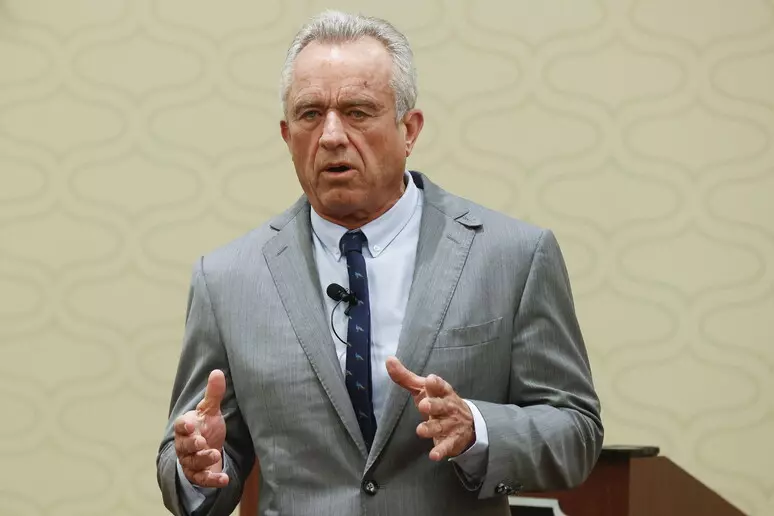He referred to it as “a preventable disease.” He evoked a mysterious environmental toxin and portrayed autism as an irreversible, catastrophic fate. The recent remarks by Robert F. Kennedy Jr., the current U.S. Secretary of Health, delivered from an official podium, have ignited heated debate, reopening a conversation that the scientific community has long considered settled.
During a press conference, the politician linked the rising number of autism spectrum diagnoses to an unidentified harmful substance present in the air. He claimed that many children are “fully functional” until the age of two, only to “regress” due to this alleged exposure. Kennedy has no medical or scientific training whatsoever. Indeed, even calling autism a “disease” is incorrect, as it is considered a neurodevelopmental condition or disorder, a significant misnomer that reveals his lack of knowledge on the subject.
This narrative, both sensational and stigmatizing, stands in direct contrast to the position of the Centers for Disease Control and Prevention, the CDC, the very public health agency under Kennedy’s own oversight. According to the CDC, the increase in autism diagnoses from 1 in 44 in 2018 to 1 in 31 in 2022 is primarily due to improved early screening, not to an “epidemic.”
Nonetheless, Kennedy continues to insist that autism is a national crisis, a condition that, in his view, destroys families and robs children of any chance at a full, meaningful life: no jobs, no creativity, no independence.
Christopher Banks, president of the Autism Society of America one of the nation’s leading nonprofit organizations supporting autistic individuals responded firmly. He emphasized that calling autism “preventable” is not only unfounded but also unfairly places blame on parents and institutions. He also pointed out that, according to data from the UCLA’s David Geffen School of Medicine, around 80% of cases can be traced to genetic causes.
Kennedy, however, reiterated his belief that hereditary factors cannot account for what he describes as an epidemic. He accused various industries of deliberately introducing toxic agents into the environment, water, food, and medicine for profit. He also announced plans to launch new studies within a few weeks to identify these supposed toxins.
It’s not the first time the lawyer and activist has been linked to conspiracy theories.The Washington Post has documented at least 36 instances where Kennedy promoted false claims about a connection between vaccines and autism. More recently, he has voiced support for the existence of the so-called “Deep State,” a term used to describe a supposed shadow power network operating behind the scenes of government, and criticized the media for what he called “an ideological denial of the autism epidemic.”
The persistence of abstract theories surrounding the causes of autism spectrum disorder ASD is largely fueled by the lack of definitive answers. Although no single cause has been identified, research suggests that a combination of genetic predispositions and environmental influences plays a significant role in the development of the condition.












